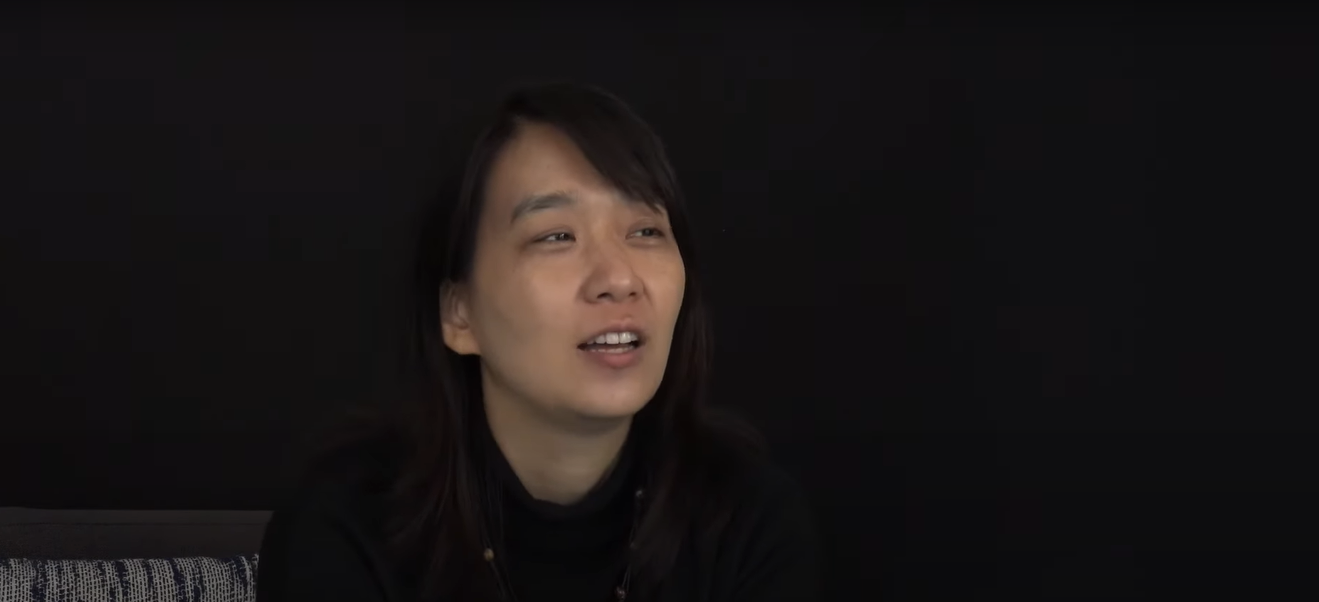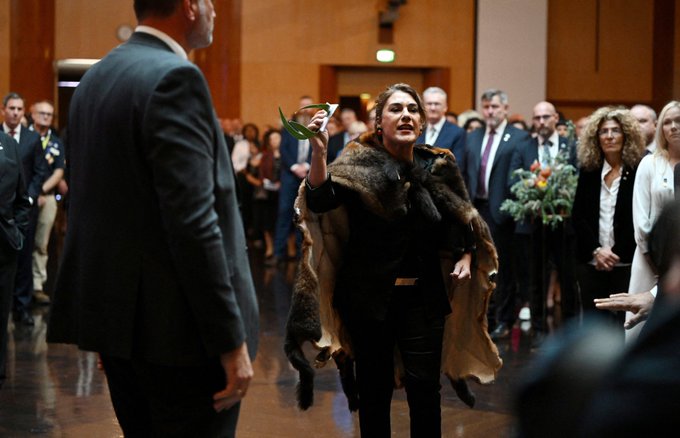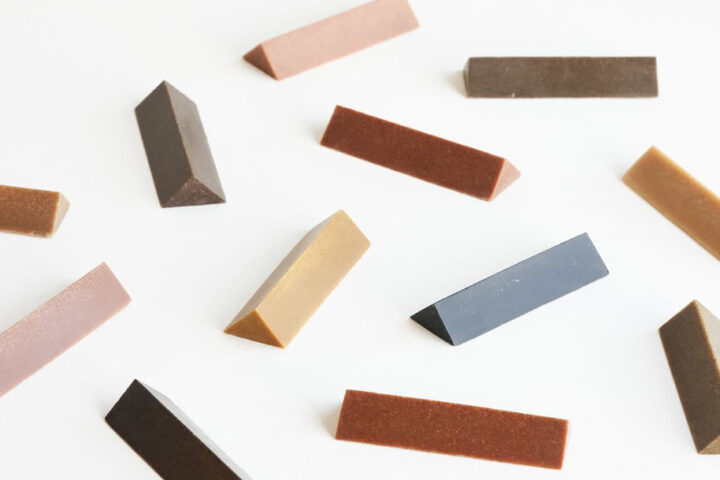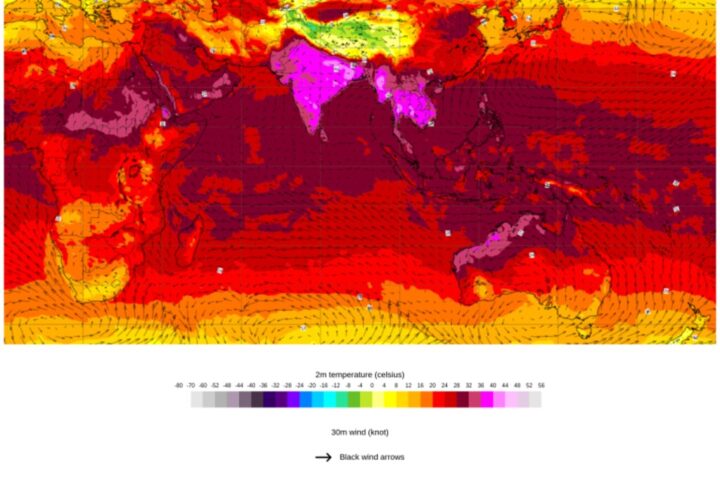Literature is broadly divided into prose and poetry. Some writers choose the prose form, while others convey their feelings through the poetic. But a few authors use AVA media. They use poetic prose. This year’s winner of the Nobel Prize for literature has chosen to express herself through a mixed medium of prose, which is full of poetry.
South Korean writer Han Kang, who was awarded this year’s Nobel Prize for literature, is the best example of a poetic prose writer. The core of Kang’s writing is the depiction of the mortality of humanity and inhuman aspects of historical incidents. She received this prize at the age of 53. Thus she became the first Asian woman to win the award.
Born in Gwangju, she migrated to Seoul, the capital of South Korea. Her father was a famous writer and her two brothers happen to be novelists as well. Therefore, she inherited this literary tradition. It was not easy to support a family of five with the meager earnings of a writer. But the young Kang had no complaints about her childhood. She grew up in the company of books.
Han was admitted to a writing course after she graduated in Korean literature. Her first poem, ‘Winter in Seoul,‘ became instantly famous. Soon after, she became well known for her collection of short stories called ‘Love of Yeosu’. She was in love with poetry during her college days. She has also sung her poems. Her album is named “Song to Sing Kamli’.
Similar Posts:
The Japanese rule of Korea during the last Ca-Turf was a dark period. She has depicted this period in her book called ‘The Vegetarian’. She gained recognition when she was nominated for the Booker Award in 2016. Her ‘The White Book’ also figured in the final list of the Booker Award after 2 years.
The Gwangju Uprising of 18 May 1980 was an unhappy incident in Korean history and her ‘Human Acts’ novel was based on the rise. It happens to be one of her favorite novels among her six. She notes that it was very painful to write about the incident. She used to get emotional, and she could write only 2-3 lines daily.
Her husband is a critic and their son runs a bookshop. When asked about her reaction to the announcement of her winning the prize, she calmly said, “I’m so surprised and honoured.”” She did not hold any press conferences.
According to her, there is no point in celebrating when people are dying in war daily. She is described as an author of humanity. In short, this year’s Nobel Laureate for Literature is a South Korean writer, Han Kang. She is well-known for her poetic prose. She is the first woman to get a Nobel prize for literature from Asia.


















